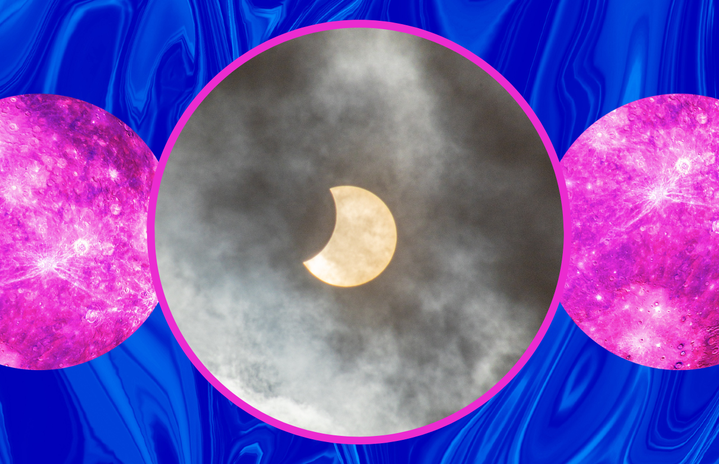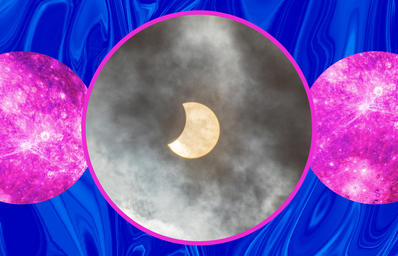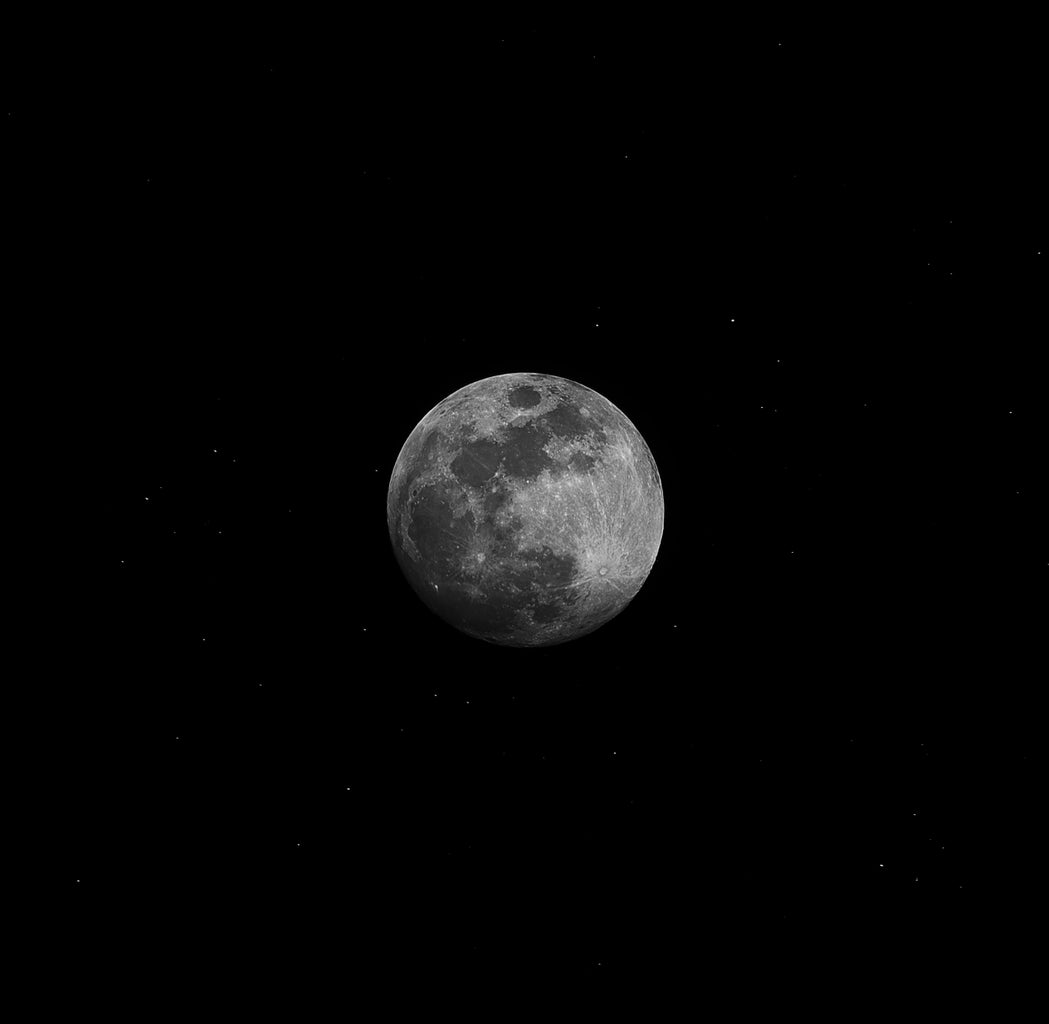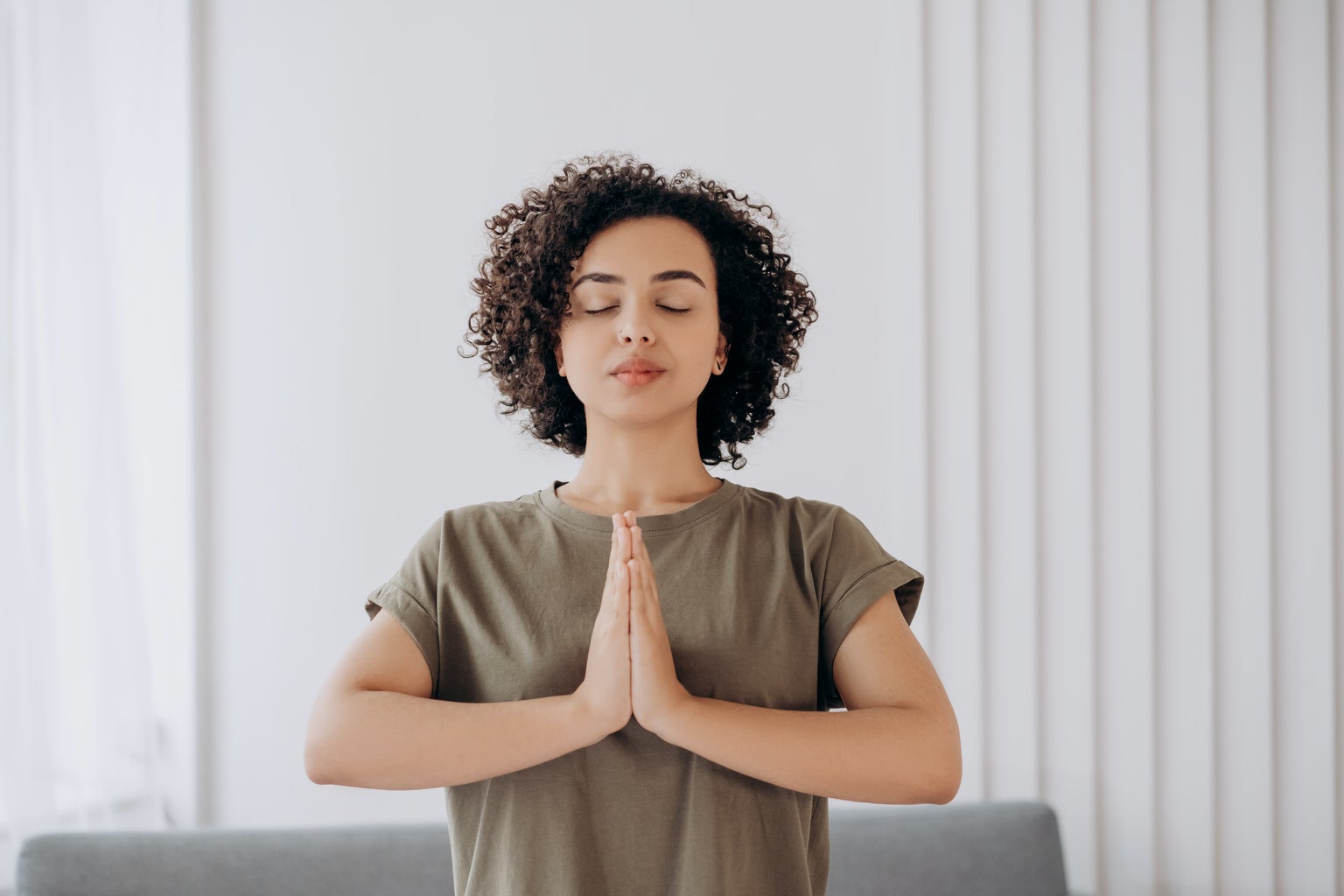For my readers who aren’t astronomy and lunar cycle buffs, a solar eclipse might seem like an odd thing for so many people to obsess about, but this year’s eclipse is a monumental event you can’t miss!
The upcoming solar eclipse will pass over the United States, Canada, and Mexico on Monday, April 8th. The path of totality (areas where the eclipse will be 100% visible) will cut across several states, making it only the second time since 1979 that a solar eclipse has been visible from the US, according to Nasa.
Before I get into where and how you can watch the eclipse, we need to get a few things out of the way: What is an eclipse, and why should you pay attention?
First, let’s clear up some common confusion about eclipses. Monday’s event is a solar eclipse, not a lunar one.
Lunar eclipses happen when the sun completely blocks the moon from our sight. While still impressive in their own way, lunar eclipses occur once or twice a year, according to the National Weather Service, and you might not even notice them if they are happening during the day because the moon does not produce its own light.
Another important note is that what you’ll experience at the observation sites will be a total eclipse, which is extremely rare and very different from a partial eclipse. This means that, unlike the rest of the planet, the Earth will be plunged into complete darkness for around 3 minutes at viewing hotspots. While that might seem like a small amount of time and not worth traveling for, experiencing a total eclipse is said to be a deeply emotional and spiritual experience for many people.
Picture this: for a few minutes, on a random weekday, the world as you know it will go completely dark. Stars and constellations will be visible to the naked eye, depending on where you are. You will feel like a tiny speck in the universe as you watch the moon completely eclipse the sun, and it’s not just people who go crazy during the event.
There are well-researched cases of animals and flora along the eclipse’s path going into a frenzy because of the sudden change in lighting. The abrupt shift from day to night can confuse their nervous systems and stress them out, according to a report by ABC News.
Experts recommend observers leave their pets at home to avoid causing them unnecessary tension. If that’s not possible you can try to minimize the eclipse effects by keeping them inside with lights on and sticking to a routine as best as possible.
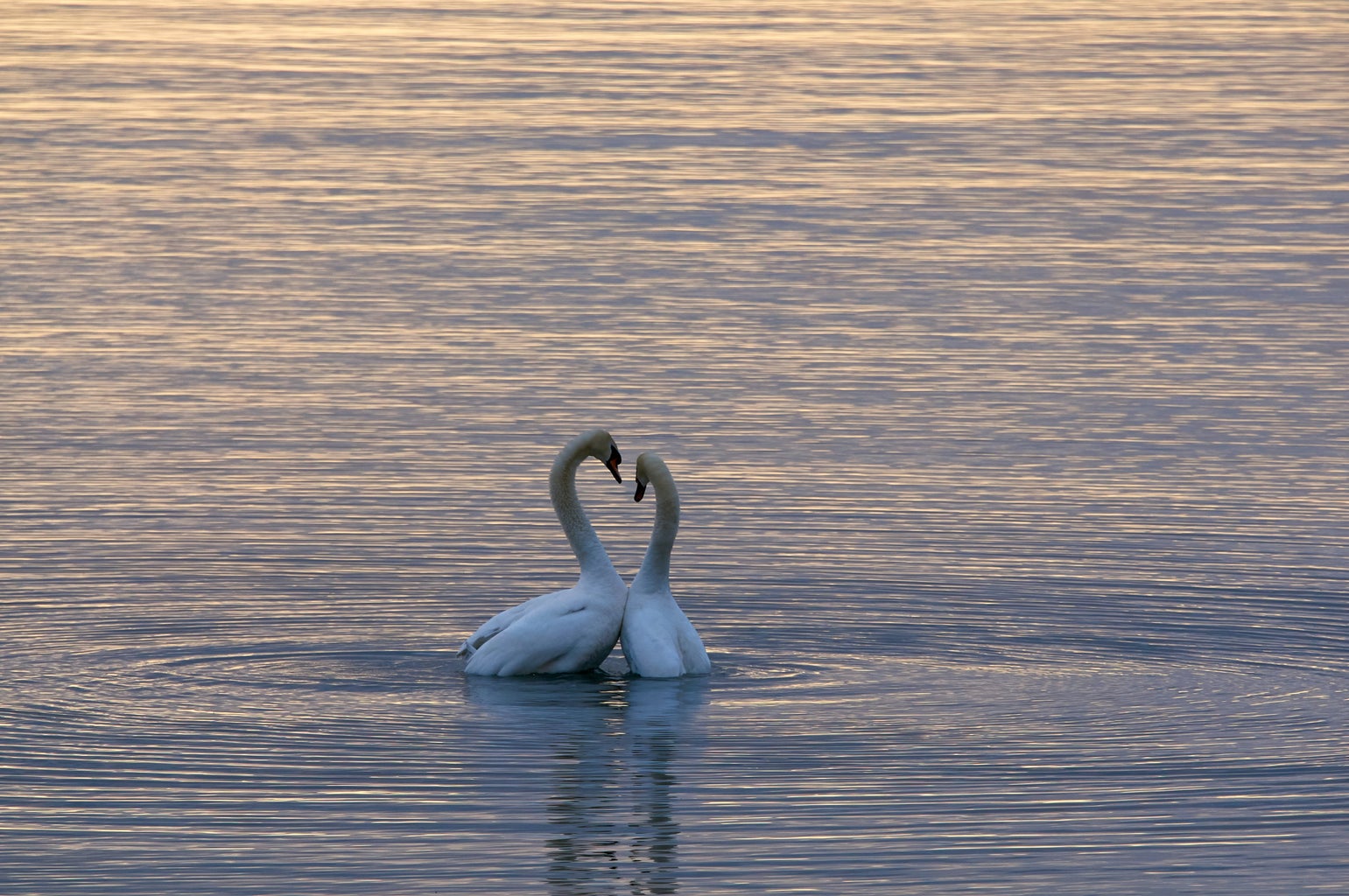
Important reminder: Make sure you’re also keeping yourself safe while watching the eclipse! Don’t be fooled by the fact that it’s dark. Staring directly (or even through binoculars or cameras) into a solar eclipse can still blind you or cause severe damage to your retinas, so make sure you bring protective eyewear to observe!
Now that you have all the crucial information, you are officially equipped to watch this year’s eclipse! For my fellow Bostonians or New England natives, the closest spot to experience the eclipse is in Burlington, Vermont, just a three-and-a-half-hour drive from the city. The eclipse will occur at around 3:30 p.m., but if you’re heading up north, try to get there early to secure a viewing spot!
Other places on the path of totality in the U.S. include Dallas, Texas; Rochester, New York; Little Rock, Arkansas; Cleveland, Ohio, and more. Keep checking NASA’s official tracking map to stay updated!
But don’t fret! For my Boston readers who can’t make it to one of those places, there will be viewing parties around the city where you can see the partial eclipse, including at View Boston in the Prudential Center, the Brighton Branch of the Boston Public Library, and the main branch of the Cambridge Public Library
The next solar eclipse isn’t predicted to happen until 2044, so seize the day and use this guide to create the best eclipse experience possible!
Want to keep up with HCBU? Make sure to like us on Facebook, follow us on Instagram, check out our Pinterest board, watch us on TikTok, and read our latest Tweets!
